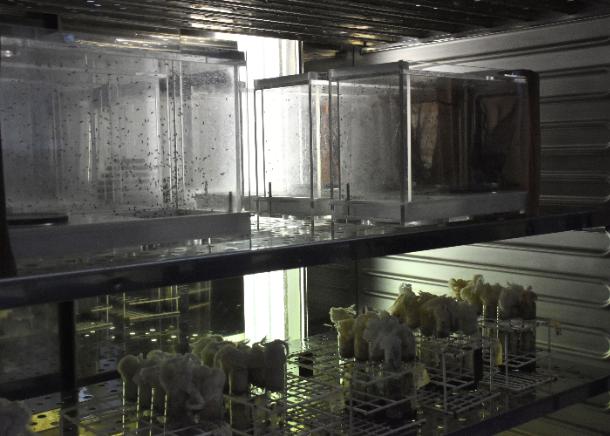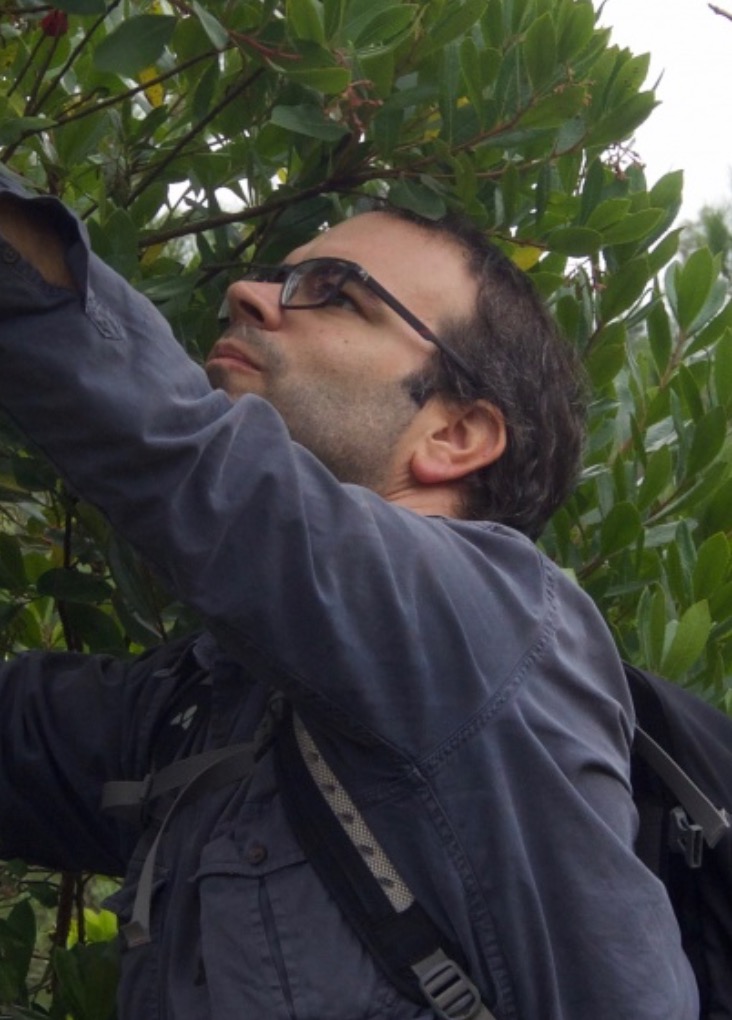Summary:
Interactions among species are prevalent in nature. This has important consequences on our understanding of how the environment affects organisms and how adaptation takes place. Thus, considering adaptation as a process whereby populations evolve in isolation must necessarily be incomplete. In fact, the evolutionary change of any population likely comes as much as a direct response to different abiotic conditions as a response to new physiological, developmental and behavioral optima arising from interactions with other species. This is crucial not for the study of adaptation but also to understand the development of health-related problems for which the genetic basis has been shaped by evolution. One example is aging. Evolutionary theories of aging explain the loss of the homeostatic health environment that occurs at the post-reproductive stages of life, as an outcome of the decline of natural selection with age. Selection is blind on traits that have deleterious effects late in life.
The aim of this proposal is to study how host-microbe interactions affect the evolution of aging. The central hypothesis to be tested is that the evolution of aging, as an outcome of adaptation to late-fecundity, can be contingent on microbes present in the host's gut. The approach to be taken will use experimental evolution of genetically variable Caenorhabditis elegans populations (the host) and Escherichia coli strains or Serratia marcescens (the microbes), while selecting for delayed fecundity in the host. Differences in overall pathogenicity levels and the type of pathogenic agent will be used to cover a range of scenarios and create the opportunity for adaptation to result from changes in different biological pathways, such as those involved in hormone signaling, dietary restriction, or immune response. Ancestral and evolved populations will be analyzed to characterize evolution at the genotype, phenotype and fitness levels and to understand the extent to which adaptation was specific to the set of conditions experienced during experimental evolution. This project, based on experimental evolution of C. elegans and different bacteria, is expected to help clarify how host-microbe interactions affect the evolution of aging. This will have strong implications on our view of how ecology and evolution affect each other and how these dynamics determine how we age.
Funding Institution:
Science and Technology Foundation (FCT -PTDC/BIA-EVL/28101 *7/2017).





